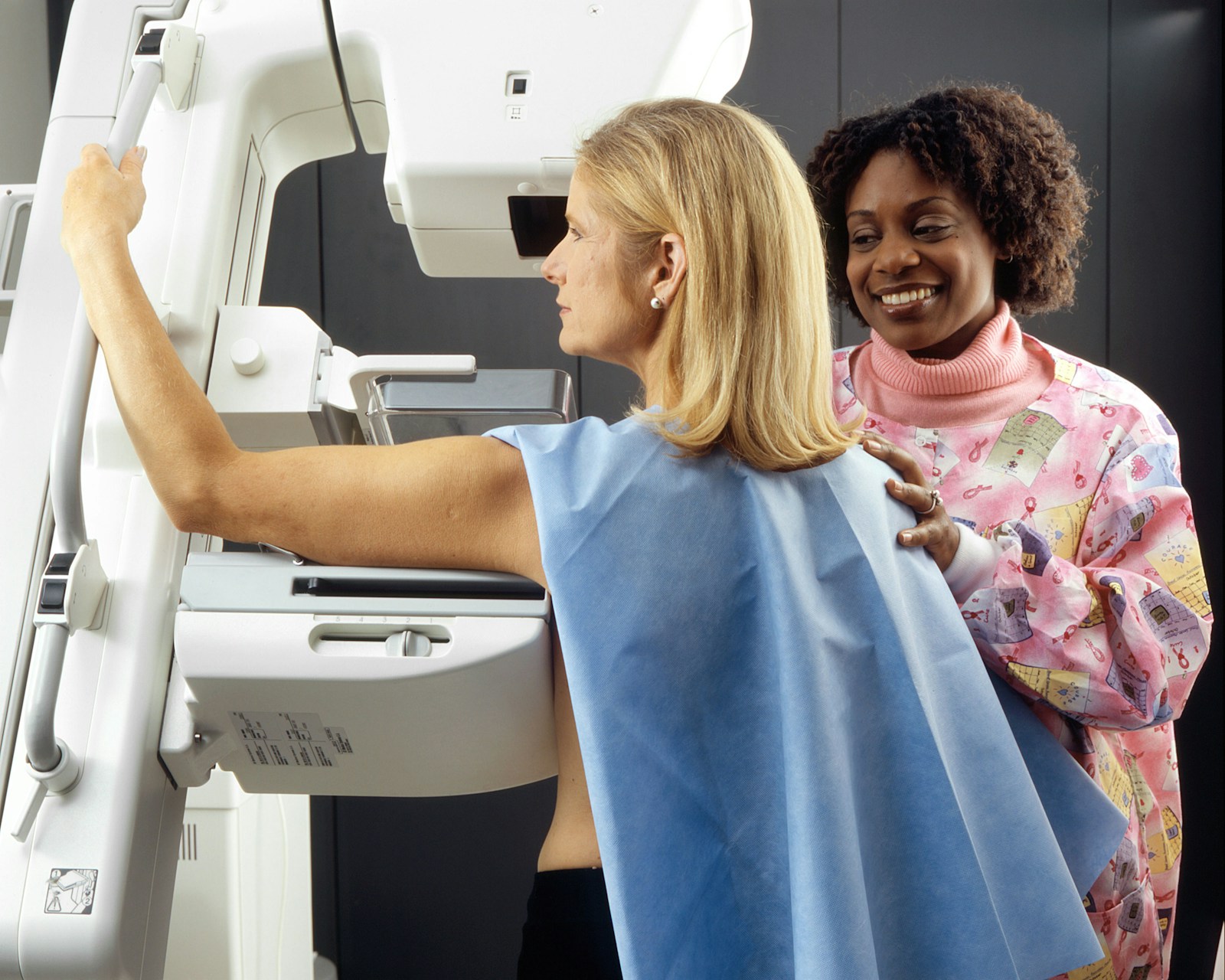
乳房
rǔ fáng

breast
The Chinese word for 'breast' is '乳房' (rǔ fáng). It is used in the same contexts as the English word, referring to the upper ventral region of an animal's torso, particularly that of mammals, including humans. It is often used in scientific, medical, or formal contexts.
Example sentences using: 乳房
这个是我的乳房的照片
Zhège shì wǒ de rǔfáng de zhàopiàn

This is a photo of my breasts.
This phrase is directly referring to the speaker's own breasts in relation to a photo.
她的乳房健康吗?
Tā de rǔfáng jiànkāng ma?

Are her breasts healthy?
This phrase is inquiring about someone else's breast health.
问医生关于乳房的问题
Wèn yīshēng guānyú rǔfáng de wèntí

Ask the doctor about breast issues.
This phrase is instructing someone to discuss breast-related issues with a medical professional.
她对乳房大小感到困扰
Tā duì rǔfáng dàxiǎo gǎndào kùnrǎo

She is troubled by the size of her breasts.
This phrase expresses someone's discomfort or distress about their breast size.
乳房自检是很重要的
Rǔfáng zìjiǎn shì hěn zhòngyào de

Breast self-examination is very important.
This phrase emphasizes the importance of performing self-examinations for breast health.
您应该定期检查乳房
Nín yīnggāi dìngqī jiǎnchá rǔfáng

You should regularly check your breasts.
This is a recommendation for someone to frequently monitor their breast health.
乳房的形状各不相同
Rǔfáng de xíngzhuàng gè bù xiāngtóng

The shape of breasts varies widely.
This phrase acknowledges the diversity in breast shapes.
他不喜欢谈论乳房
Tā bù xǐhuān tánlùn rǔfáng

He does not like talking about breasts.
This phrase indicates someone's aversion to discussing breasts.
她乳房的手术非常成功
Tā rǔfáng de shǒushù fēicháng chénggōng

Her breast surgery was very successful.
This phrase is stating that someone's breast surgery went well.
她对乳房外形感到满意
Tā duì rǔfáng wàixíng gǎndào mǎnyì

She is satisfied with the shape of her breasts.
This phrase expresses someone's contentment with their breast shape.